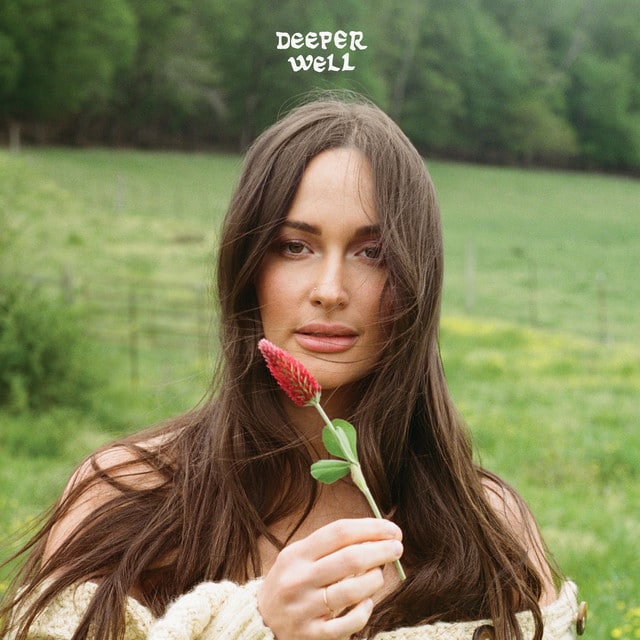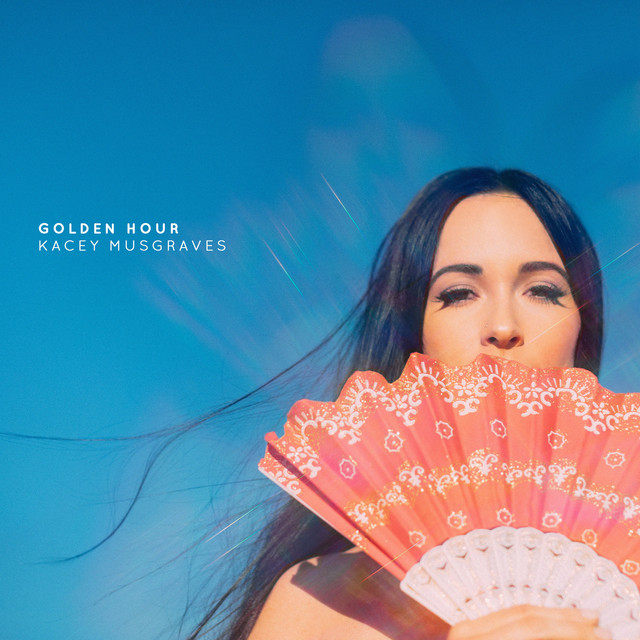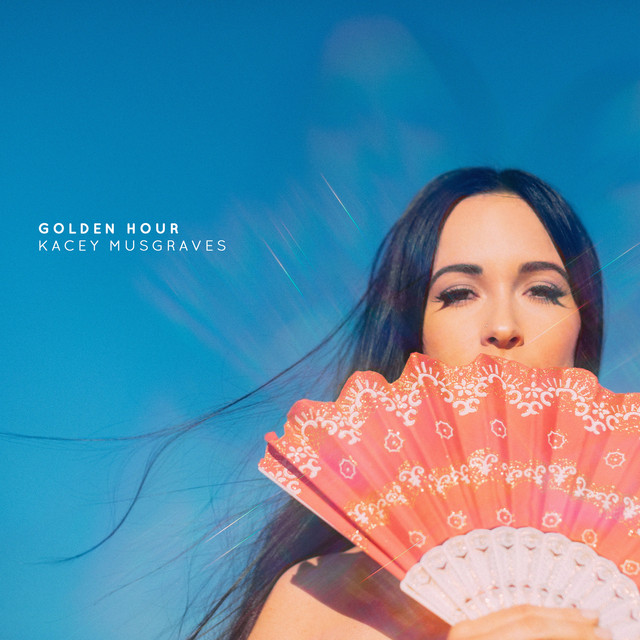Released: 2024
At its core, “Too Good to be True” by Kacey Musgraves encapsulates the delicate dance of vulnerability and hope in new love, tinged with a fear of disappointment. Musgraves, known for her lyrical prowess that beautifully marries the mundane with the profound, explores the hesitancy to fully dive into a new relationship after past heartbreak, all while basking in the seemingly too-good-to-be-true moments of domestic and romantic bliss.
The song kicks off with a snapshot of idyllic love: sharing breakfast and intimate moments, the kind of simple joys that dreams are often made of. It’s Monday morning, the universal symbol for back to reality, yet the summer’s end has not taken this love away. Here, Musgraves isn’t just talking about the weather or the day of the week; she’s using these as metaphors for transitions and the often fleeting nature of happy moments. The reference to a “tidal wave without a warning” speaks to the suddenness and overwhelming force with which this new love has entered her life, a common feeling when one starts to fall faster than intended.
As the song progresses, Musgraves reveals her inner battle with vulnerability. The lines “Please don’t make me regret / Opening up that part of myself / That I’ve been scared to give again” echo the universal fear of getting hurt after finally letting your guard down. This plea for gentleness, for reciprocity in love without the pain, is a sentiment many can relate to after having their heart broken. The phrase “too good to be true” becomes a refrain that encapsulates the song’s essence: the skepticism of something so perfect that it might just be an illusion.
The bridge of the song transports us to New York—a city symbolizing dreams, but also overwhelming and intimidating spaces. The fact that it’s their first time there together symbolizes new experiences and shared adventures, a cornerstone of budding relationships. The line “But, baby, now it’s our town” signifies taking ownership of this new chapter together, despite any underlying fears. Musgraves acknowledges she’s “in deep,” too invested to back out now, even though the pace terrifies her. This acknowledgment of vulnerability yet refusal to slow down captures the exhilarating, if terrifying, leap of faith love often requires.
The song concludes by reiterating the opening lines, but with a plea, “Please don’t wake me,” a poignant end that wraps the song in a dream-like quality. This closing line is Musgraves asking for the continuation of the moment, for the dream not to end, for the love not to turn out to be too fantastical to be real. It’s a wish for permanence in the fleeting moments of connection and happiness she’s found.
“Too Good to be True” serves as Musgraves’ confession and contemplation rolled into one, a lyrical musing on the fears and joys of falling in love after heartbreak. Through the blend of everyday love rituals and profound emotional revelations, Musgraves invites listeners into the complexity of her heart, echoing the universal dilemma of risking pain for the potential of great love.








